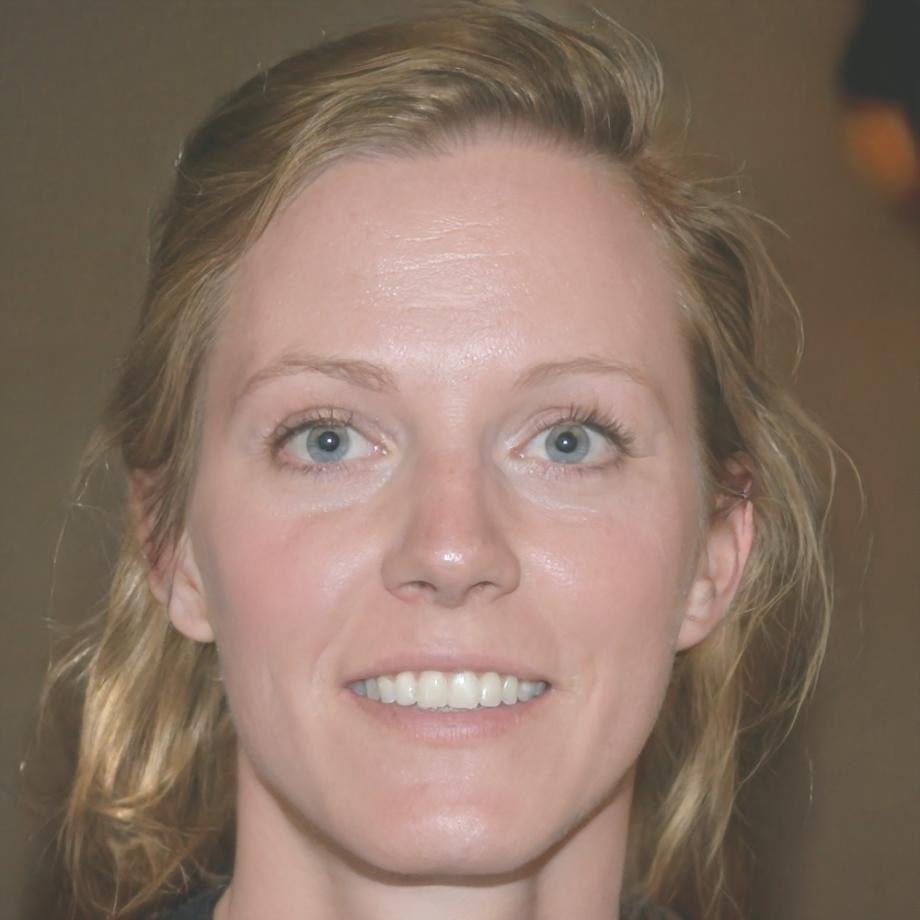Budget Skills That Actually Stick
Look, most financial courses throw spreadsheets at you and call it a day. We're trying something different here. Our autumn 2025 program focuses on building habits rather than just knowledge — because knowing what to do and actually doing it are two wildly different things.
We've watched people transform chaotic spending into purposeful decisions. It doesn't happen overnight, but it does happen when you've got the right framework and people around you who get it.
Start Your Journey
How We Actually Teach This Stuff
We've built our approach around three core ideas that came from years of watching what works and what doesn't. Turns out, boring lectures about compound interest don't change behavior. Real scenarios and peer accountability do.
Scenario-Based Learning
You'll work through situations that mirror real financial decisions. Not textbook problems — actual dilemmas people face when their car breaks down or they're considering a career shift.
- Monthly budget challenges with unexpected variables
- Decision trees for major purchases
- Emergency fund simulations that feel uncomfortably real
Behavioral Pattern Recognition
Most budget failures come from emotional triggers we don't recognize. We spend time identifying your specific patterns — the thing that makes you overspend or avoid checking your balance.
- Weekly spending reflection exercises
- Trigger mapping and alternative responses
- Building awareness before changing habits
Progressive Complexity
We start simple because overwhelm kills momentum. First month is just tracking. Then categorizing. Then optimizing. By month six, you're making strategic decisions that would have seemed impossible at the start.
- Foundational tracking in weeks one through four
- Analysis and patterns in months two and three
- Strategic planning from month four onward

Saskia Chen
"The group sessions kept me honest when I wanted to quit tracking."

Leif Petersen
"Hearing others struggle with the same issues made it less isolating."

Tamsin Rourke
"My accountability partner noticed patterns I completely missed."

Weekly Sessions
Real conversations about money without the awkwardness.
Learning Together Makes the Difference
Money stuff is weirdly personal, which is why most people never talk about it. But that silence keeps everyone stuck with the same problems. Our groups create space where you can admit you don't know something without feeling judged.
The program runs for six months starting September 2025, with cohorts of twelve people. That's intentional — small enough that everyone gets heard, large enough that you get diverse perspectives. And yeah, sometimes the best insights come from someone in a completely different financial situation than yours.
Accountability Partnerships
Paired connections for weekly check-ins and honest conversations about what's actually happening with your budget.
Group Problem-Solving
Monthly workshops where we tackle real financial decisions together — yours or scenarios from the group.
Shared Wins and Setbacks
Celebrating progress matters, but so does normalizing the occasional budget failure. Both happen in our community space.